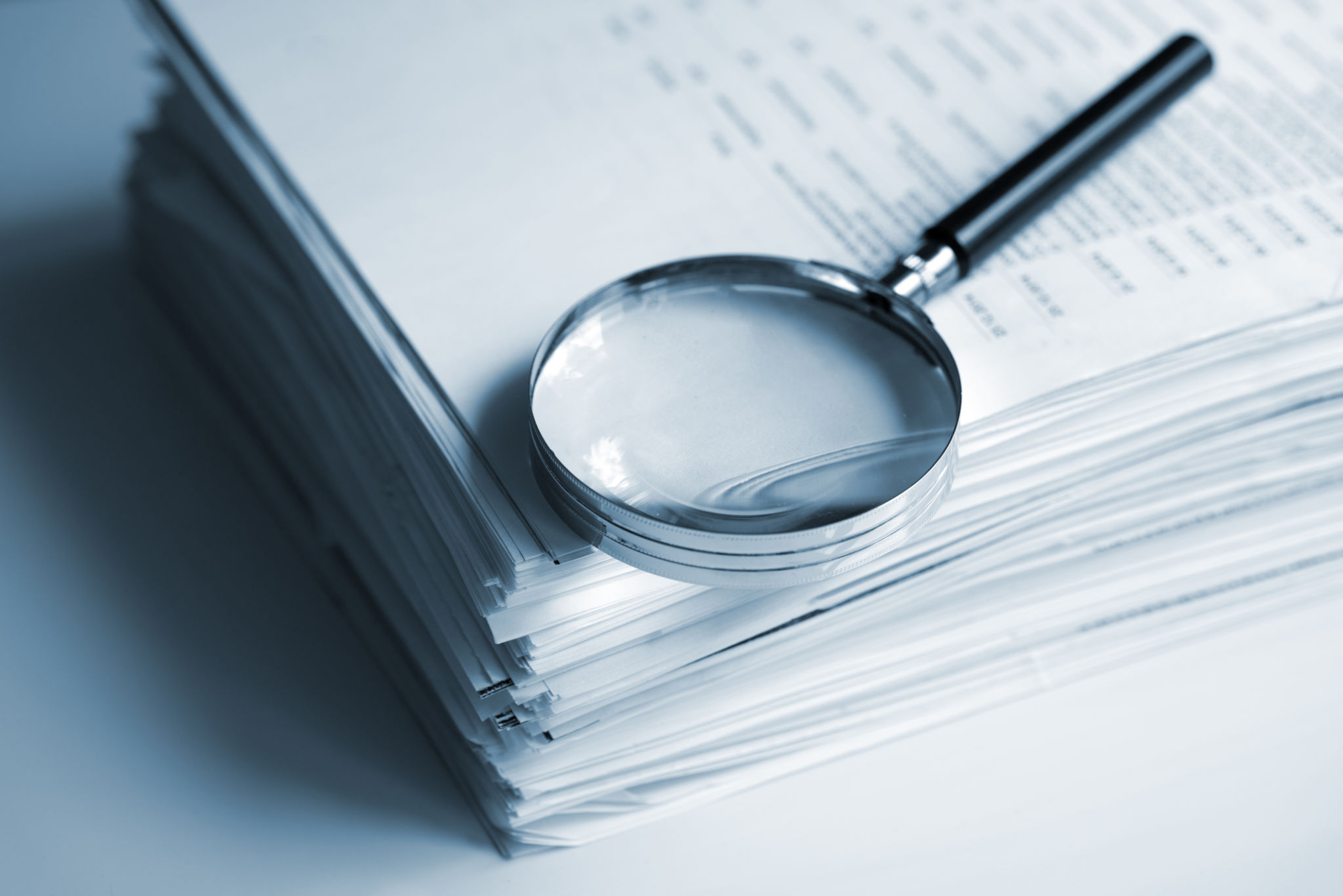How to Prepare Your Finances for Tax Season
Organize Your Financial Documents
One of the first steps in preparing for tax season is to gather and organize all your financial documents. This includes income statements such as W-2s or 1099s, receipts for deductible expenses, mortgage interest statements, and any other relevant records. Having these documents in order will make it easier to file your taxes accurately and ensure that you don't miss any important deductions or credits.
Consider setting up a dedicated folder or digital system to keep track of these documents throughout the year. This habit can simplify the process when tax season arrives, reducing stress and saving you time.

Understand Your Tax Obligations
Knowing your tax obligations is crucial to avoid any surprises when filing. Different sources of income may have different tax implications. For instance, freelance work might require quarterly estimated payments, while rental income can come with its own set of deductions and requirements.
If you're unsure about your obligations, you might want to consult with a tax professional or use reliable online resources to clarify what applies to your specific situation. This understanding will help you plan and allocate funds appropriately throughout the year.
Create a Tax Preparation Checklist
Creating a checklist can streamline your tax preparation process. Start by listing all the documents you need, then include tasks such as reviewing last year's return, updating personal information, and setting an appointment with your tax preparer if necessary.
- Gather income statements
- Collect receipts for deductions
- Review investment documents
- Update personal information
- Schedule time with a tax preparer

Maximize Your Deductions and Credits
Take full advantage of deductions and credits to minimize your tax liability. This might include charitable contributions, education credits, and home office deductions if applicable. Ensure you have the proper documentation to support these claims.
Tax laws change frequently, so it's important to stay informed about new opportunities for deductions and credits each year. This can help you maximize your potential refund or reduce the amount you owe.
Plan for Future Tax Seasons
Once you've filed your taxes, take some time to evaluate your financial situation and plan for the future. Consider adjusting your withholding if you had a significant refund or balance due, as this can impact your cash flow throughout the year.
Additionally, think about contributing to retirement accounts or other tax-advantaged savings plans. These contributions can lower your taxable income while also helping you build a secure financial future.

Utilize Technology for Efficiency
In today's digital age, numerous tools and software options can help make tax preparation more efficient. Tax software can guide you through the filing process step-by-step, ensuring that you don't miss any crucial details.
Many of these programs also offer audit protection and support, providing peace of mind as you navigate the complexities of tax season. By leveraging technology, you can simplify your tax preparation and reduce the chance of errors.
Seek Professional Help if Needed
If your financial situation is complex or if you're unsure about certain aspects of your taxes, it might be wise to seek professional help. A certified tax professional can offer valuable insights and advice tailored to your circumstances.
Although hiring a professional might seem like an added expense, their expertise could potentially save you money by identifying deductions and credits you might have overlooked. Additionally, they can provide guidance on planning for future tax seasons.
Review Your Tax Return Thoroughly
Before submitting your tax return, take the time to review it thoroughly for accuracy. Double-check figures and ensure that all necessary forms are included. Errors or omissions can lead to processing delays or even trigger an audit.
A careful review increases the likelihood that your return is accurate and complete, minimizing potential issues with the IRS. This diligence ensures that your tax filing experience is as smooth as possible.
